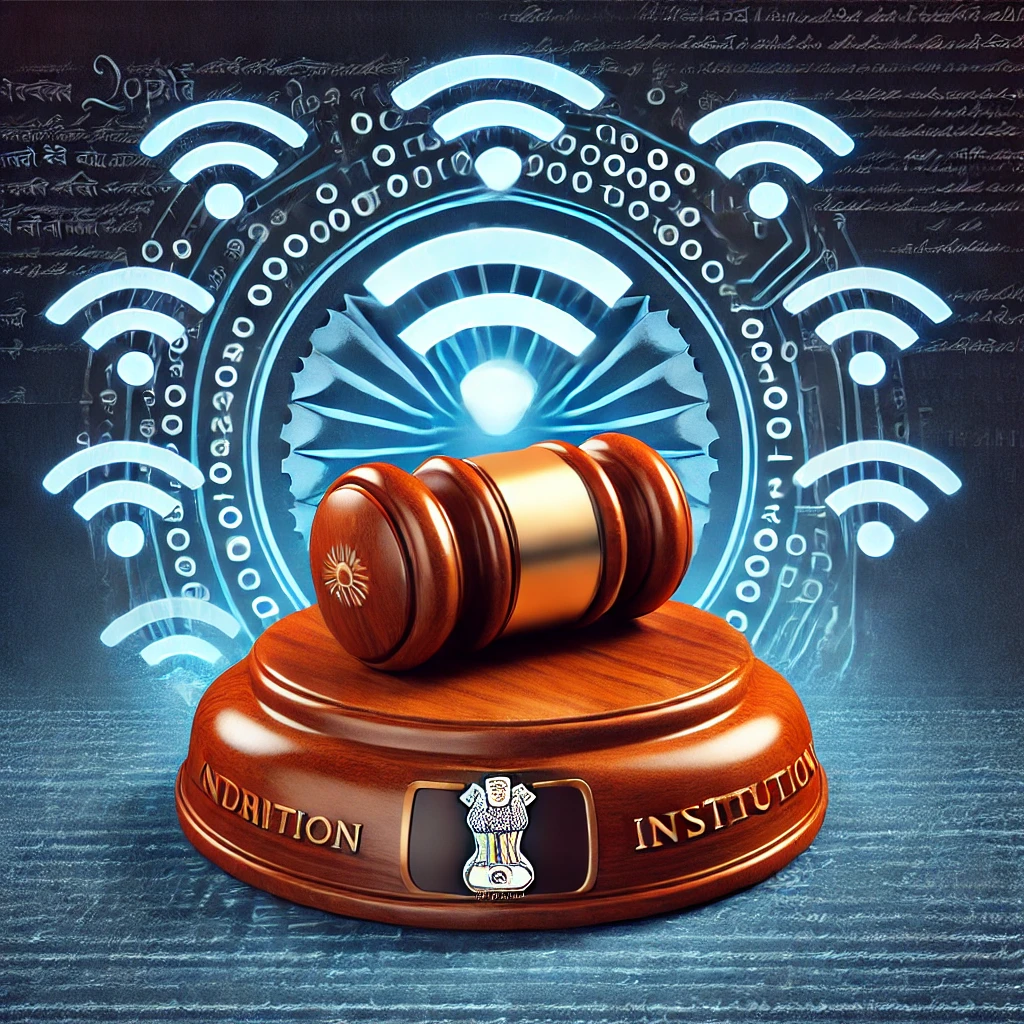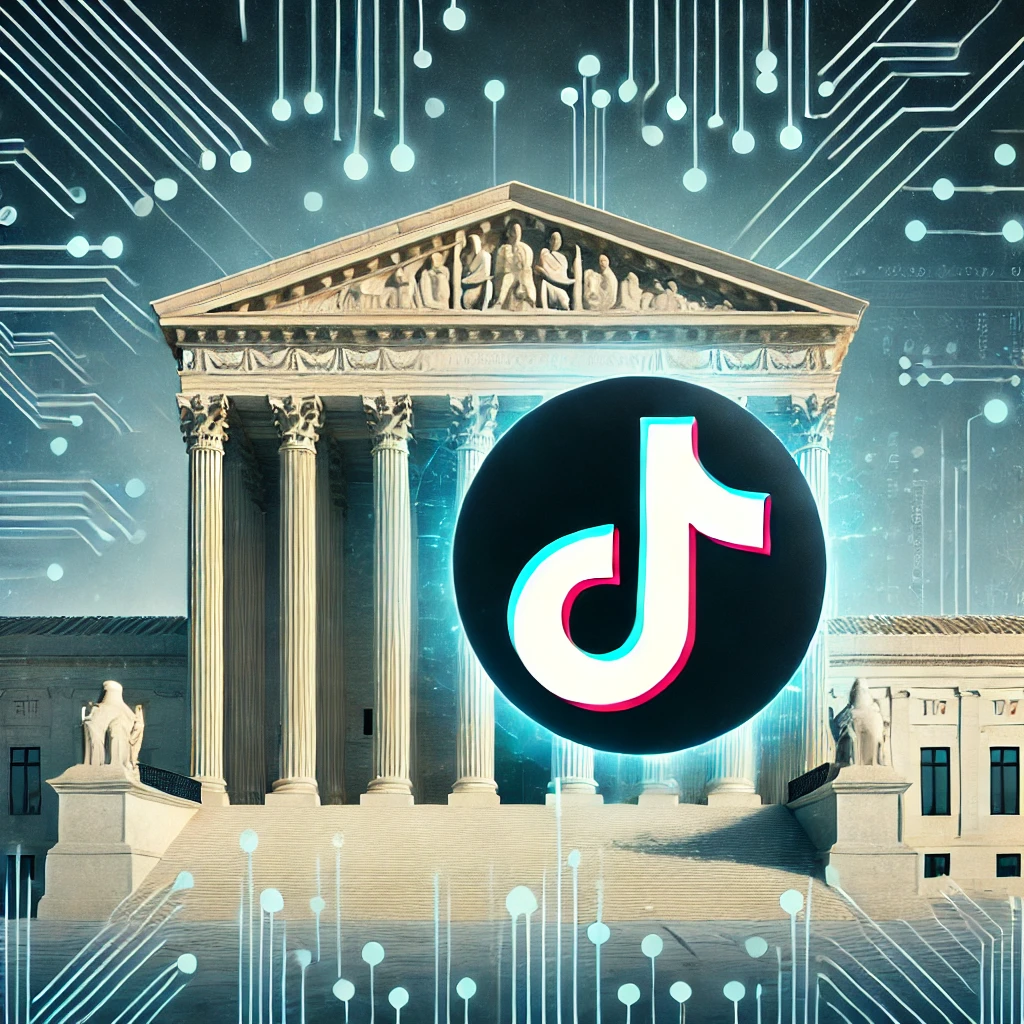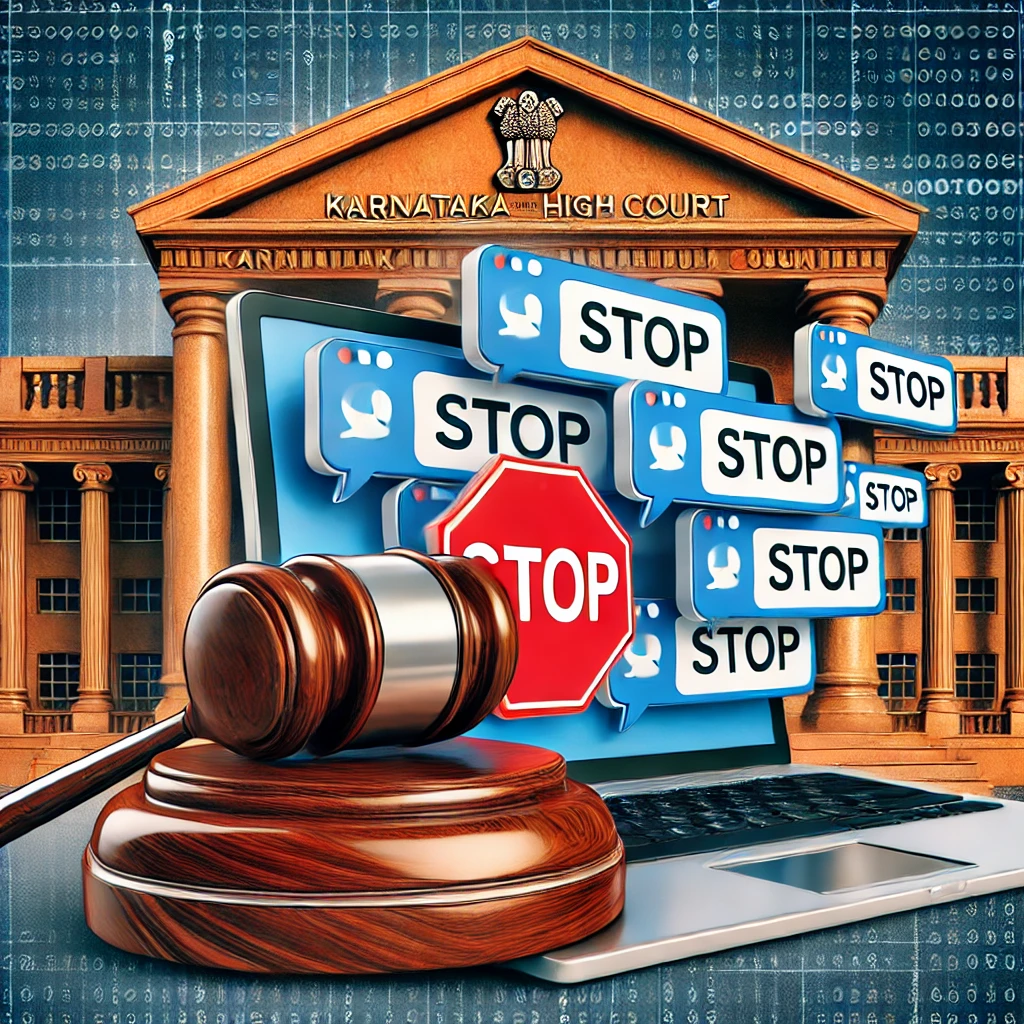Media laws at Gabon
Media laws in Gabon are shaped by both constitutional guarantees and government regulations. While Gabon’s Constitution offers certain protections for freedom of expression and the press, in practice, the government maintains strong control over media outlets, especially when it comes to political coverage and the critical press.
Here's an overview of the media laws and press environment in Gabon:
1. Constitutional and Legal Framework
a. Constitution (2011)
The Constitution of Gabon, adopted in 2011, includes Article 10, which guarantees freedom of expression and freedom of the press:
Citizens have the right to freely express their opinions and to publish their thoughts in print and through other media.
However, the Constitution also includes provisions that allow for limitations, such as for national security or public order.
In practice, these guarantees are subject to state control, and the government often justifies restrictions on media freedom under national security concerns.
2. Key Media Laws and Regulations
a. Law No. 001/2011 on the Regulation of the Media
This law governs the media environment in Gabon and covers both traditional (television, radio, print) and digital (internet, online platforms) media. Key elements include:
Media licenses: All media outlets must obtain a government license to operate. The government has the power to issue, revoke, or suspend these licenses at its discretion.
Content control: The law imposes restrictions on broadcasting certain content, particularly material considered to undermine national security, public order, or the image of the state.
b. Press Law (1991)
Gabon’s Press Law regulates print media and establishes the role of journalists:
Journalists are required to respect professional ethics and can face legal action for publishing false information or defamatory content.
The law criminalizes insults against public authorities, particularly the President and high-ranking government officials.
Defamation laws in Gabon are strict, and anyone found guilty of libeling government officials or institutions can face imprisonment and fines.
c. Broadcasting Law
Gabon has a state-run television and several private channels, but the broadcasting law provides the government with significant influence over content. This law aims to:
Control the diversity of media content and restricts critical coverage of the government or ruling elites.
Ensure the protection of national interests by regulating what can be aired on radio and television, especially concerning politics and controversial topics.
3. Media Control and Regulation
a. State-owned Media
Gabon Television (Gabon 1ère): The government’s official broadcaster, it plays a central role in the media landscape and typically serves as a mouthpiece for the ruling party.
Gabon Radio: Similar to state television, it is heavily influenced by government priorities and is used to broadcast government positions and policy.
While there are private outlets in Gabon, they often operate under government scrutiny and may face closure or government retaliation if they are seen as too critical.
b. Gabonese Communication and Audiovisual Regulatory Authority (HAAC)
The HAAC (Haute Autorité de la Communication Audiovisuelle) is the regulatory body responsible for overseeing broadcasting in Gabon. It has significant powers, including:
Issuing broadcasting licenses.
Censorship: The HAAC can demand the removal of content that is deemed harmful to national security or public order.
Monitoring content to ensure that it aligns with government policies, and intervening if media outlets are seen to deviate from these standards.
It plays an important role in ensuring government control over the press and limiting dissenting voices.
c. Press Council (Conseil de la Presse)
The Press Council in Gabon regulates ethical standards for journalists, overseeing professional conduct and ensuring compliance with media laws. However, its activities are limited and often align with government interests, which makes it a restrictive body rather than an independent regulator.
4. Media Freedom and Challenges
Press freedom in Gabon is restricted despite constitutional guarantees.
Journalists who criticize the government or report on sensitive issues such as corruption or human rights violations often face harassment, intimidation, or even imprisonment.
There have been cases of journalists being detained for publishing content deemed critical of the government or the ruling party. For example, journalists have faced arrest for covering political protests or election irregularities.
The government often uses legal action against journalists or media outlets, using defamation or slander laws to silence dissent. Media outlets may also face financial penalties or closure.
Self-censorship is common among journalists in Gabon, as they fear repercussions for covering politically sensitive topics.
5. Internet and Social Media
The government also regulates online platforms, and internet censorship is a concern, particularly when it comes to content critical of the government.
Social media is widely used in Gabon, but activists and journalists who express dissent on platforms like Twitter or Facebook have been targeted for their posts. There are occasional internet shutdowns or blockages of social media sites, especially during times of political unrest.
Internet freedom is not guaranteed, and citizens who share politically sensitive or critical content online may face state surveillance or legal action.
6. Press Freedom Index and International Outlook
Gabon’s press freedom is limited, and it consistently ranks poorly in global rankings of press freedom.
According to Reporters Without Borders (RSF), Gabon ranks among countries with restricted press freedom. The country’s position on the Press Freedom Index has historically been low, reflecting concerns about the state's tight control over media.
Gabon is also listed as one of the "Not Free" countries by Freedom House, meaning that the press is not allowed to operate independently without significant state interference.
7. Key Issues for Journalists in Gabon
Arbitrary detention and harassment of journalists are common. For example, journalists investigating government corruption or human rights abuses can face retaliation, including imprisonment.
Intimidation from security forces, including threats of violence, is not uncommon for journalists who cover politically sensitive topics.
Media outlets that do not align with the government face heavy fines, and reporters working for independent outlets often risk their safety and careers to publish investigative reports.
Lack of diversity in the media landscape: The press is often dominated by the state, with limited space for independent or alternative voices.
✅ Summary Table
| Category | Status |
|---|---|
| Constitutional guarantees | Freedom of expression is guaranteed but often limited in practice |
| State control over media | High, with significant government influence over media outlets |
| Private media | Limited and controlled by the government |
| Press censorship | Routine censorship of sensitive topics |
| Internet censorship | Censorship of social media and websites critical of the government |
| Legal environment | Laws restricting media freedom and allowing government control |
| Press freedom ranking | Poor, ranked among countries with restricted press freedom |
📝 Conclusion
While Gabon’s Constitution provides for freedom of expression, in practice, media freedom is highly restricted. The government exercises tight control over both traditional and digital media, suppressing critical voices and dissent. The regulatory bodies, such as the HAAC, serve more to limit media freedom than to protect it, and journalists face significant challenges, including harassment, imprisonment, and censorship.
Gabon’s media laws are structured to maintain the dominance of the ruling government and its policies, leaving little room for independent journalism or free expression.




















0 comments